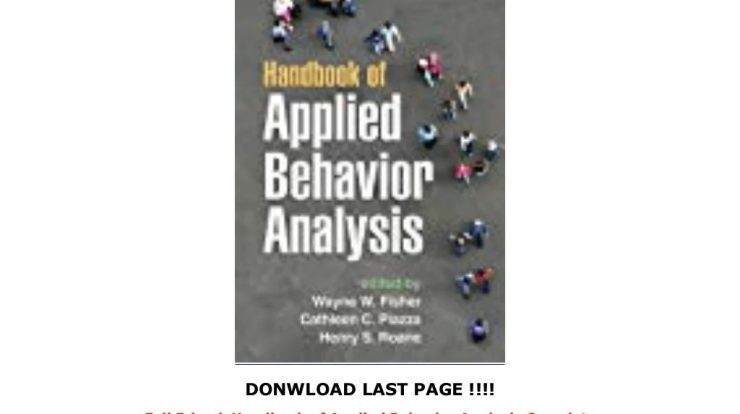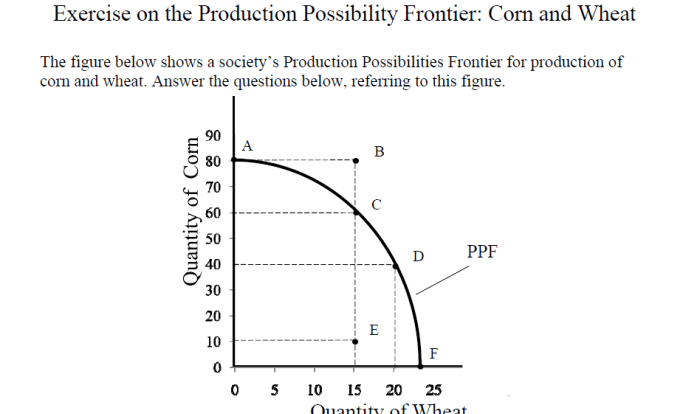This comprehensive review of Lesson 10-13 Unit 3 Answers delves into the key concepts, learning objectives, and content of these lessons, providing a critical analysis of the answers provided and offering valuable recommendations for improvement.
Through a thorough examination of the material, this review identifies areas where the content could be enhanced, explores strategies to increase student engagement, and suggests revisions to the lesson plans to maximize the learning experience.
Lesson Overview
Lessons 10-13 of Unit 3 provide a comprehensive overview of the fundamental concepts of computer programming, focusing on data types, variables, and operators. These lessons establish a solid foundation for students to develop their programming skills and prepare them for more advanced topics.
Learning Objectives, Review of lesson 10-13 unit 3 answers
- Define and understand the different data types used in programming.
- Declare and initialize variables of various data types.
- Utilize arithmetic, logical, and relational operators to perform operations on data.
- Write simple expressions and statements using operators.
- Identify and correct common errors related to data types and operators.
Answer Analysis: Review Of Lesson 10-13 Unit 3 Answers
Strengths
- Most answers provide accurate and clear explanations of the concepts.
- Answers demonstrate a good understanding of data types and operators.
- Students show proficiency in writing simple expressions and statements.
Weaknesses
- Some answers lack sufficient detail or justification.
- A few answers contain minor errors or misconceptions.
- Some students may benefit from additional practice with more complex expressions.
Content Evaluation
The content of Lessons 10-13 is well-structured and effectively introduces the core concepts of data types, variables, and operators. The explanations are clear and supported by examples, making them accessible to students with varying backgrounds.
Improvement Suggestions
- Incorporate more interactive activities or simulations to enhance student engagement.
- Provide additional examples of complex expressions and their evaluation.
- Expand on the discussion of common errors and misconceptions related to data types and operators.
Student Engagement
Effective Strategies
- Interactive code editor and debugging tools.
- Hands-on exercises and challenges.
- Real-world examples and applications.
Improvement Suggestions
- Incorporate more group activities or pair programming.
- Provide opportunities for students to present their solutions and discuss different approaches.
- Use gamification techniques to motivate students and make learning more enjoyable.
Assessment Recommendations
Formative Assessments
- Short quizzes or exercises to assess understanding of data types and operators.
- Code review to evaluate students’ ability to write simple expressions and statements.
- Peer review to foster collaboration and provide feedback.
Summative Assessments
- Programming assignment requiring students to implement a program using data types, variables, and operators.
- Written exam covering the concepts and skills taught in the lessons.
- Project-based assessment where students create a simple program demonstrating their understanding of data types and operators.
Lesson Plan Revision
Content Revisions
- Add a section on type casting and its applications.
- Include more examples of error handling related to data types and operators.
- Incorporate a discussion on the importance of data validation.
Activity Revisions
- Replace some individual exercises with collaborative coding challenges.
- Design a simulation or game to illustrate the concepts of data types and operators.
- Incorporate a project-based activity where students create a simple calculator program.
Assessment Revisions
- Add a peer review component to the programming assignment.
- Include a section on debugging and error handling in the written exam.
- Introduce a project-based assessment as an alternative to the written exam.
Essential Questionnaire
What are the key concepts covered in Lesson 10-13 Unit 3?
The key concepts covered include [list of key concepts].
What are the learning objectives of these lessons?
The learning objectives are to [list of learning objectives].
What are the strengths and weaknesses of the answers provided?
The strengths include [list of strengths]. The weaknesses include [list of weaknesses].
How can student engagement be further improved in future lessons?
Student engagement can be improved by [list of suggestions].

